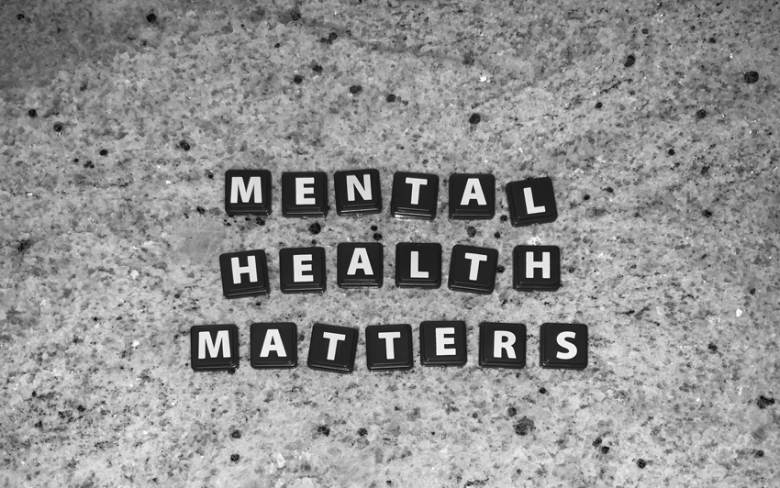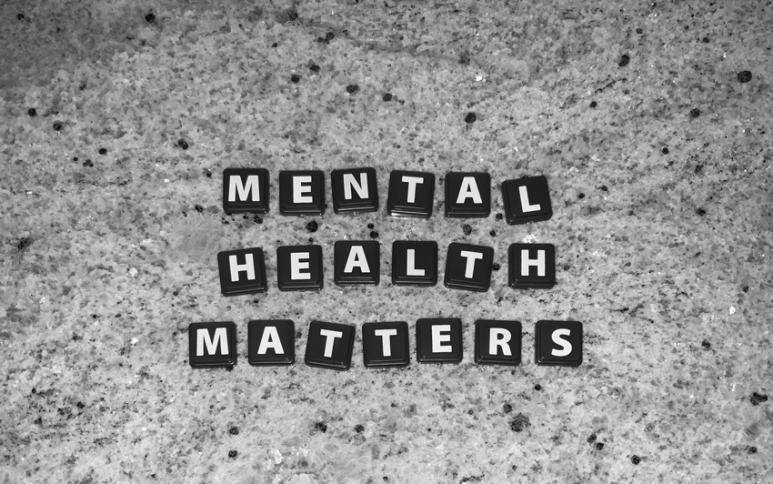By Kaan Göktaş
Reporting certain topics and the stress and mental health strain that come from these pose a major challenge for journalists. Journalists who cover conflicts, refugee stories, climate and natural disasters, violence, abuse and harassment, as well as human stories, face problems such as anxiety, depression, sleep and eating disorders, burnout, trauma and post-traumatic stress disorder (PTSD). Journalists also personally face harassment, assault, violence – online and in person- and have to deal with uncertain working hours. The global COVID-19 pandemic which brought the world to a standstill three years ago highlighted journalists’ struggles with mental health.
The past few years there are more and more initiatives for journalist who deal with increased stress. For example, last September the International Centre for Journalists (ICFJ) launched ‘Resilience’ a mental health program for Arabic-speaking journalists which run between October and November 2022 which targeted journalists who work on the frontlines of the MENA region.

Throughout the years numerous surveys have highlighted the way journalists’ mental health is affected by the topics they cover.
A 2022 survey by the Canadian Journalism Forum on Violence and Trauma which interviewed almost 1000 Canadian media workers found that 69% media worders self-reported that they suffered by anxiety and 46% by depression. One CBC video editor who took part mentioned in the survey that: ‘because o the nature of the work, we don’t get to feel human emotions while we’re reacting, and sometimes it hits really hard after’.
In a research article that was published on Journalism in 2023, Nick Matthews, Val´erie B´elair-Gagnon and Matt Carlson looked at journalists who quit the profession. The professions increased demands and the industry’s digitalization played a large role in their decision to quit. According to the research’s conclusions ‘the lack of institutional support on work-life balance and mental health paired with the institutional demands to be “all in” and always on, and the consequential lack of professional–personal life balance, led journalists to have a sense of disconnection from both their personal and professional lives.’
The Covid 19 pandemic also had an impact on journalists and their mental health. Researchers have been examining those impacts since the beginning. A 2020 study by the Reuters Institute for the Study of Journalism and the University of Toronto found that a significant number of journalists reporting on the pandemic showed symptoms of anxiety and depression. Around 11% reported symptoms of PTSD and around 70% suffered from some levels of psychological distress. In line with previous research, female journalists were more likely to show anxiety, PTSD symptoms and depression than male journalists.
More recent research on the mental health impact of COVID-19 verifies these initial results. Gretchen Hoak’s research, published on Journalism Studies in December 2022 looked both at the emotional distress caused by reporting COVID-19 but also examined organization support offered to media workers. Hoak interviewed local journalists in the US and according to Hoak’s research ‘less than half of the participants were provided access to mental health resources to help alleviate that stress’.
However, despite the lack of institutional support, several organisations have created resources to help journalists.
The Dart Centre for Journalism and Trauma which is a project of Columbia Journalism School has created a plethora of resources that focus on ‘improving media coverage of trauma, conflict and tragedy. Dart has also created the Journalist Trauma Support Network which trains therapists to help journalists. Through the programme journalists can receive free therapy sessions from qualified therapists. Organisations such as Reuters and the ICFJ set up guides and toolkits to help journalists deal with stress and trauma
In response to the COVID-19 pandemic BBC journalist Tom Hourigan has set up a website called “News Break” where journalists can discuss their mental health, tell their stories and offer tips and advice. News Break provides content produced by both journalists and mental health experts. It also encourages journalists to support each other by sharing their experiences in anonymous online meetings.
The Journalists’ Union of Turkey is providing psychological support to journalists as part of a European Union-funded project aimed at strengthening journalists and democracy. TGS Academy Director Orhan Şener said that the project was planned about four years ago to ensure that imprisoned journalists receive support for the traumas they have experienced and are likely to experience, based on the fact that Turkey is at the top of the world list with the number of imprisoned journalists. Stating that they have so far supported 35-40 journalists in this regard, Şener adds that they plan to continue the unit, which is not fully active at the moment, by finding a source of funding in the future.
Besides resources created by international organizations, in regions where the authorities criminalise journalists hands on mental health support is crucial. Turkey, which ranks 149/180 at Reporters Without Borders (RSF) Index is one of these places. With the support of the EU, Turkey’s Journalists’ Union is providing psychological support to journalists through a project aimed at strengthening journalists and democracy. The project was planned about four years ago to ensure that imprisoned journalists receive support for the traumas they have experienced and are likely to experience, based on the fact that Turkey is at the top ten of the world list with the number of imprisoned journalists. Stating that they have so far supported 35-40 journalists in this regard, Şener adds that they plan to continue the unit, which is not fully active at the moment, by finding a source of funding in the future.
In an interview with MDI, Psychologist and author Rojin Nazik, who also works as a consultant for the Communications Office of the Presidency of the Republic of Turkey on issues such as Disinformation and Fake News, reminds that anyone experiencing mental health problems should first seek the help of a specialist, and says that one should listen to oneself and not ignore the signs that one needs support. This awareness is one of the most important steps towards managing problems appropriately. The urge to follow the agenda at all times and not to miss anything is perhaps one of the most challenging issues for journalists. Taking a break from work, making a stress-reducing plan after work, walking or exercising are some of the suggestions. Another suggestion can be a good step for journalists who panic thinking about what they will do rather than what they have done in their busy schedule: Keep a list of what you do throughout the day. In addition, it is also recommended that journalists take control of their sleeping hours and dietary routines.
Photo by Marcel Strauß on Unsplash

